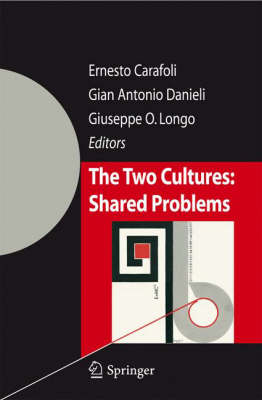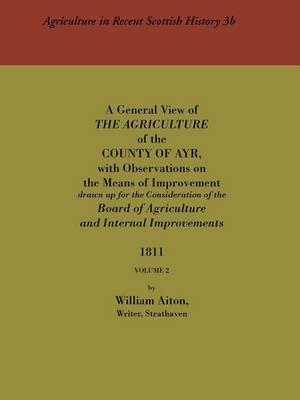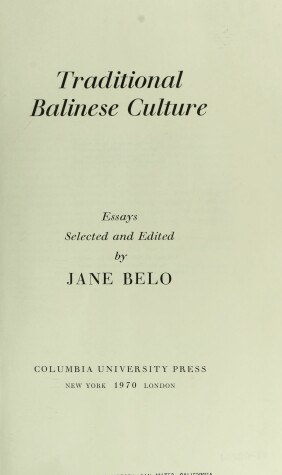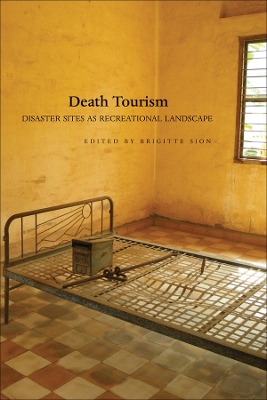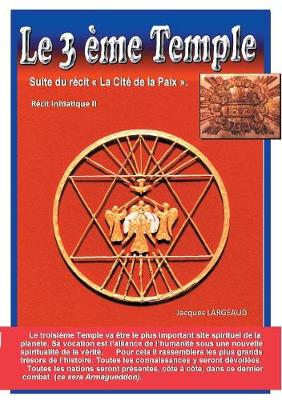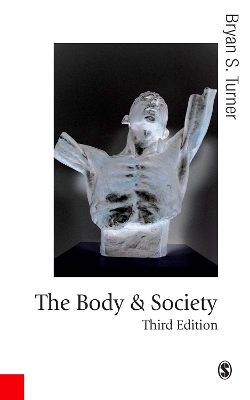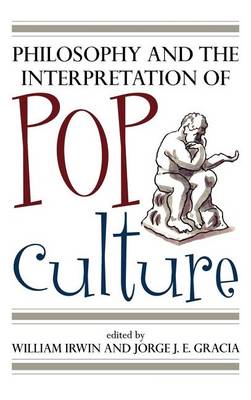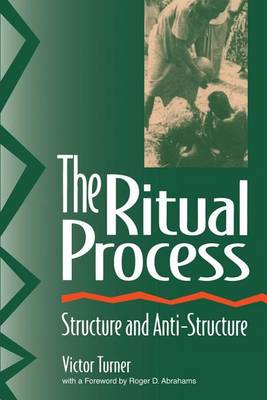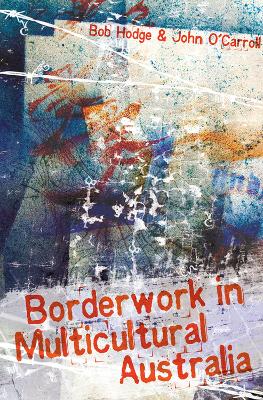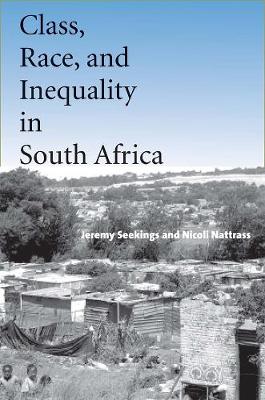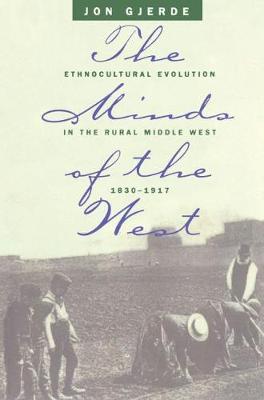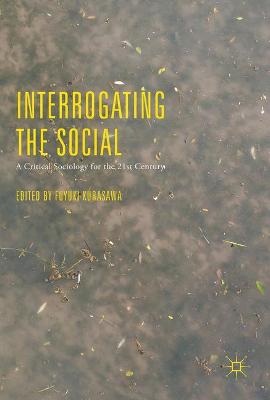The aim of the book is to encourage an in-depth discussion of problems of fundamental importance that are common to the two cultures, but that are traditionally seen from different perspectives. The forum will bring together scientists, philosophers, humanists, musicians with the aim of fostering comprehension of problems that have traditionally troubled humankind, and establish more fertile grounds for the communication between the two cultures. The themes of the contributions are the following...
General View of the Agriculture of the County of Ayr (Agriculture in Recent Scottish History S., No. 3b)
by William Aiton
Originally published in 1814. A glance at the Index reveals that Aiton took the opportunity to range far and wide over the affairs of the people of Ayrshire, apologising for the lack of space which prevented a complete military and archaeological review. Living conditions and issues of the day occupy his attention, with the theme of agriculture as the canvas round which his stories are woven. Far more informative than the Statistical Account in terms of the reality of early nineteenth century li...
Traditional Balinese Culture
Death Tourism (Enactments - (Seagull Titles CHUP)) (SB - Enactments)
Auschwitz. Hiroshima. Cambodia's killing fields. The World Trade Center. The mass graves of Rwanda. These places of violent death have become part of the landscape of tourism, an industry that is otherwise dedicated to pleasure and escape. In dark places like concentration camps, prisons, battlegrounds, and the sites of natural disasters, how are memory and trauma mediated by this thanatourism, or tourism of death? In "Death Tourism", Brigitte Sion brings together essays by some of the most tren...
Infectious Diseases in Primates (Oxford Series in Ecology and Evolution)
by Charles Nunn and Sonia Altizer
An advanced textbook suitable for graduate level students as well as professional researchers in the fields of behavioural ecology, primatology, conservation biology, biological anthropology, public health and wildlife epidemiology.
Introduces the various people children may encounter in a community and the roles they play. Helps stimulate discussion about different roles. Encourages children to discuss their own experiences
The Body and Society (Published in Association with Theory, Culture & Society)
by MR Bryan S Turner
"This truly deserves to be considered a classic and I strongly encourage my students to read it from cover to cover. Turner′s work on the body needs to be considered in its own right within courses on the sociology of the body." - Dr Robert Meadows, Surrey University "Remains the foundational text for courses in the sociology of the body, replete with insights and a depth of analysis that has largely inspired an entire new area of studies across the social sciences." - Dr Michael Drake, Hull Uni...
With These Hands documents the farm labor system through the presentation of a collection of voices--workers who labor in the fields, growers who manage the multi-billion dollar agricultural industry, contractors who link workers with growers, coyotes who smuggle people across the border, union organizers, lobbyists, physicians, workers' families in Mexico, farmworker children and others. The diversity of stories presents the world of migrant farmworkers as a complex social and economic system,...
Fifty-five burials with their accompanying artifacts were uncovered during the excavation of the Dover Mound, located in Mason County, Kentucky, yielding new data on the cultural group known as the Adena which is reported in detail by the authors.
Aristotle analyzed the popular art of his time: the tragedies and epics. Why should philosophers today not do likewise? Perhaps we can learn something from children's stories by subverting the dominant paradigm of adult authority and admitting with Socrates that we don't know all the answers. Perhaps Batman has ethical lessons to teach that generalize beyond the pages of comic books. Is it better to like Mozart than it is to like Madonna? Kurt Cobain gave voice to the attitude of a generation, s...
Refugees. Border protection. Ethnic gangs. Terrorism. History wars. Pauline Hanson. Australia's faith in multiculturalism has been shaken by fierce attacks from its enemies and a sense of crisis among its friends. Multiculturalism has become a political tool to win votes and generate community anxiety. What is left of the multicultural ideal?Bob Hodge and John O'Carroll take the pulse of multicultural Australia in the wake of September 11. They investigate the hot spots' of multiculturalism, sho...
First Published in 2005. Routledge is an imprint of Taylor & Francis, an informa company.
Ganz Unten (Methuen's Twentieth Century German Texts)
by Gunter Wallraff
The distribution of incomes in South Africa in 2004, ten years after the transition to democracy, was probably more unequal than it had been under apartheid. In this book, Jeremy Seekings and Nicoli Nattrass explain why this is so, offering a detailed and comprehensive analysis of inequality in South Africa from the midtwentieth century to the early twenty-first century. They show that the basis of inequality shifted in the last decades of the twentieth century from race to class. Formal deracia...
Human Portraits and Behavioral Inquiries
Envisioned as a companion volume to sociology texts, this general sociology reader will serve as a complement to undergraduate course materials. Some articles are empirical studies, while others are commentaries and/or theoretical applications. Specifically designed for use in Introduction to Sociology courses, this reader is also suitable for university courses such as Social Problems, Deviance, and Introduction to Criminal Justice.
In the century preceding World War I, the American Middle West drew thousands of migrants both from Europe and from the northeastern United States. In the American mind, the region represented a place where social differences could be muted and a distinctly American culture created. Many of the European groups, however, viewed the Midwest as an area of opportunity because it allowed them to retain cultural and religious traditions from their homelands. Jon Gjerde examines the cultural patt...
Interrogating the Social
This book brings together a collection of work from emerging and established scholars who have put forth a vision of what critical sociology is and what it could be in the early decades of the 21st century. Pushing beyond the theoretical outlines of sociological critique, the authors demonstrate how critical sociology is practiced through conceptual innovation and empirical analyses interweaving the themes of society, power, and culture.Interrogating the Social reinvents the project of critical...

